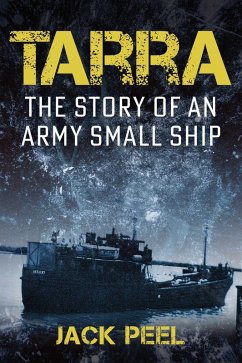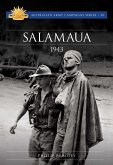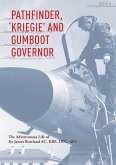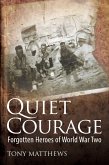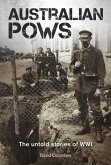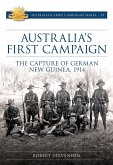The Tarra story follows her launch in Tasmania in 1945, when the ship was employed in dumping ammunition off the east coast of Australia. Based in Newcastle and later in Cairns, she was seconded to the Graves Registration Unit during the establishment of the Bomana War Cemetery near Port Moresby, and then lent to the civil authorities to collect copra from remote islands. Tarra provided the only form of transport for materials and personnel for the construction of the Vanimo Outstation of the Pacific Islands Regiment on the Dutch border in 1952, and she continued to resupply the Company base for the next ten years, making two voyages per year from Brisbane.
Tarra and her sister, ship Vasse, played a key role in training soldiers to become sailors, particularly in the Citizen Military Forces and in the development of the Australian Regular Army after the war and during the Pentropic experiment. In declining condition, she was sold to the Societe Marine Caledonian and renamed Milos Del Mar in April 1965.
The dramatic rescue of her civilian crew eight months later and her abandonment to sink slowly in rough seas was described on the front pages of major newspapers at the time and by the commander of the Air Force Sea Air Rescue aircraft, thereby completing Tarra's story. Army water transport had been operated by the Royal Australian Engineers however the function was taken over by the newly formed Royal Australian Corps of Transport. Army water transport continues today with landing craft operated by 35 Water Transport Squadron RACT.
Dieser Download kann aus rechtlichen Gründen nur mit Rechnungsadresse in A, B, BG, CY, CZ, D, DK, EW, E, FIN, F, GR, HR, H, I, LT, L, LR, M, NL, PL, P, R, S, SLO, SK ausgeliefert werden.

